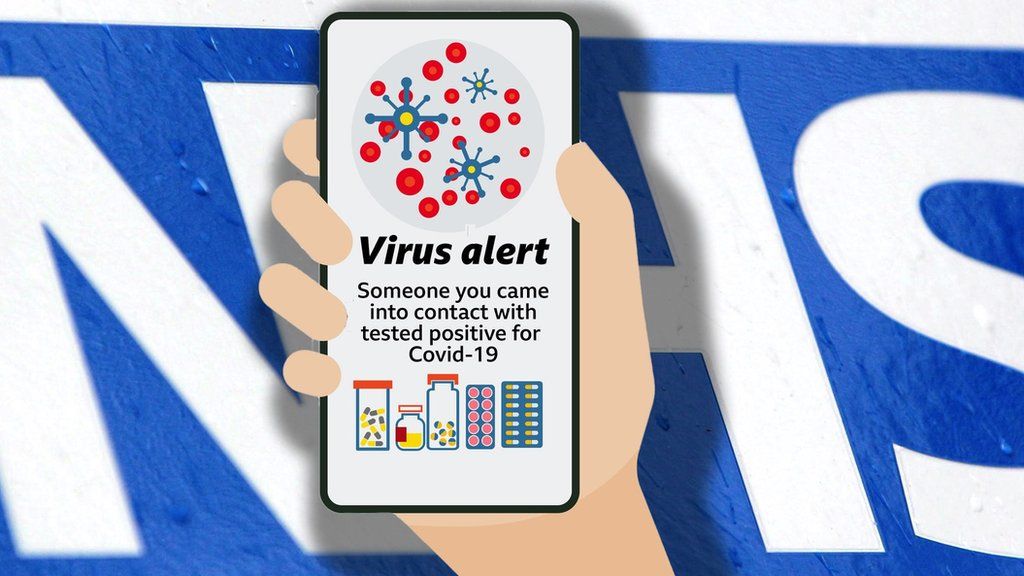Government confirms app to trace spread of Coronavirus

Last week, Health Secretary Matt Hancock announced the go-ahead of a virus-tracing app to help relax lockdown measures in the UK.
Using Bluetooth technology, the app will signal users if they have recently been in contact with someone calculated to be infected with COVID-19.
During the government’s daily pandemic briefing, Mr Hancock reported the NHS was “working closely with the world’s leading tech companies”, including Apple and Google, which will provide the foundation for the app, available mid-May.
A pre-release version of the app will be tested by the NHSX — the health service’s digital innovation unit — at an undisclosed location in the North of England this week.
In cases of self-diagnosis, a yellow alert warning will be sent to people that have been in close proximity with a user who has registered their continuing symptoms via the app.
With cases where a medical test determines a user has tested positive for Coronavirus, a red alert warning will be issued, prompting the user to self-isolate.
Amidst growing concerns about privacy, Mr Hancock has said: “All data will be handled according to the highest ethical and security standards, and would only be used for NHS care and research. And we won’t hold it any longer than is needed.”
“The more people who get involved, then the better informed our response to Coronavirus will be and the better we can protect the NHS, Hancock explained.
New information from The University of Oxford’s Big Data institute posits 80% of smartphone users would need to engage with the app.
However, academics add that if engagement is lower, the app will still help slow the spread of Coronavirus.
Over-70s have not been factored into data modelling, on account of remaining “shielded” at home.
Academics from Oxford University are a mix of epidemiologists and ethicists advising the NHSX on the app, though they do not have any involvement with coding or software design.
